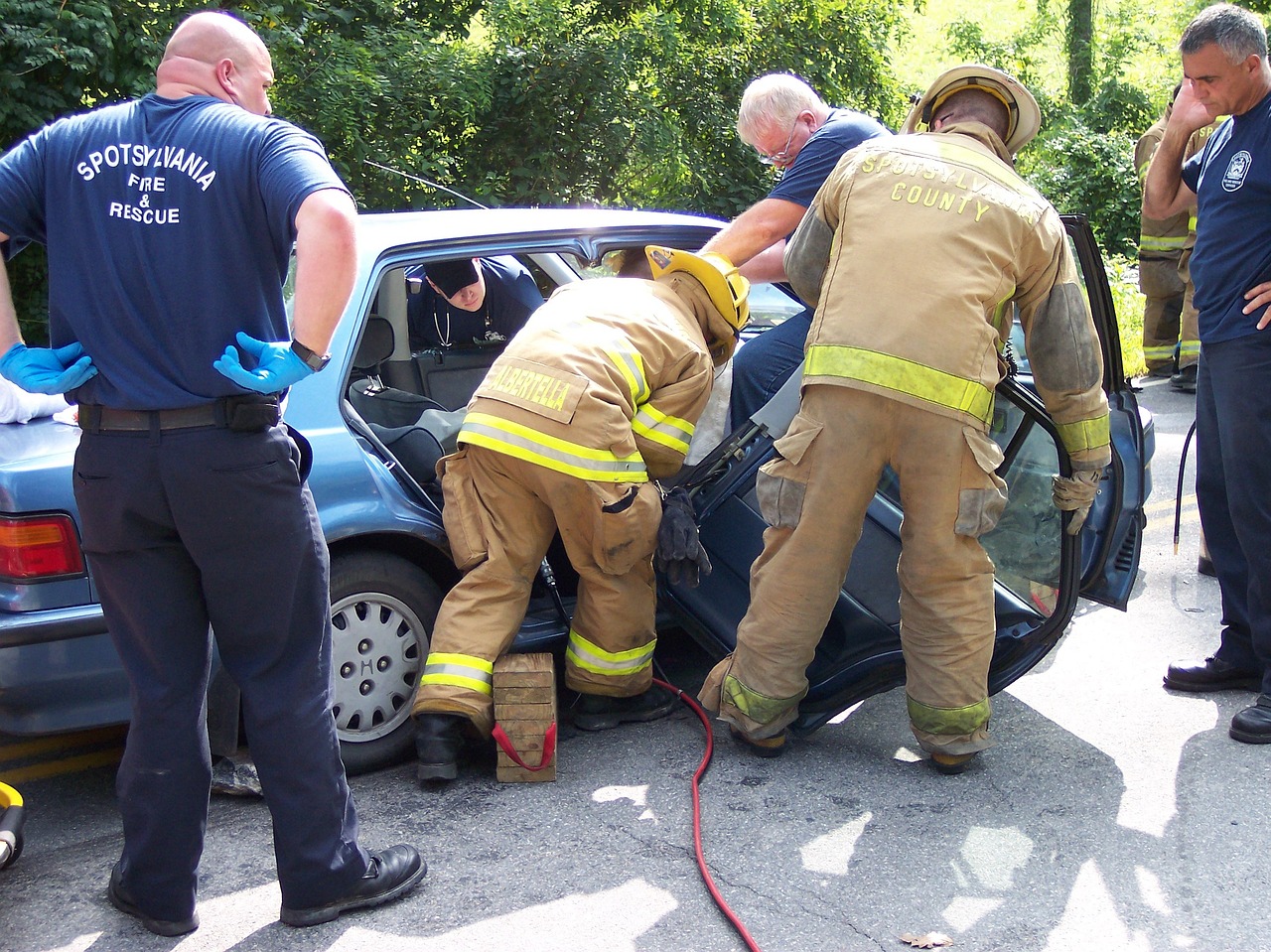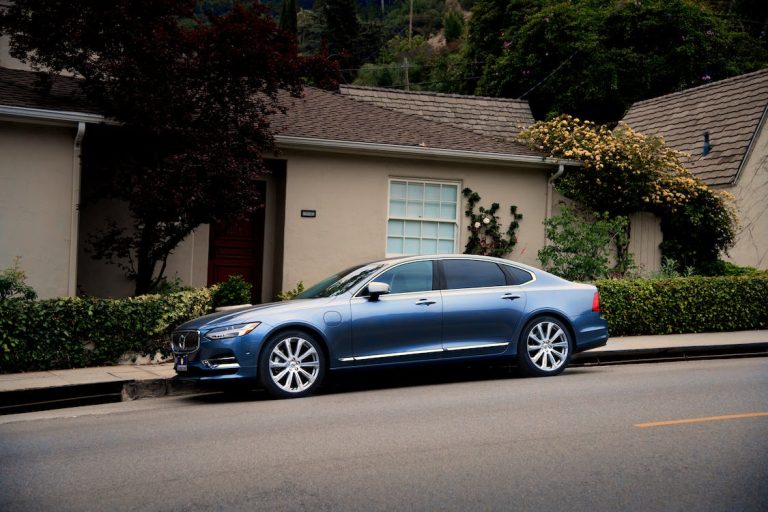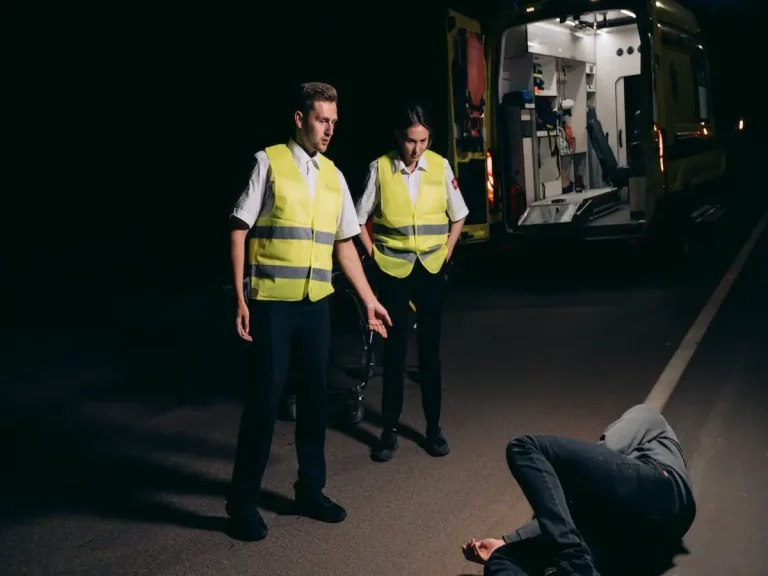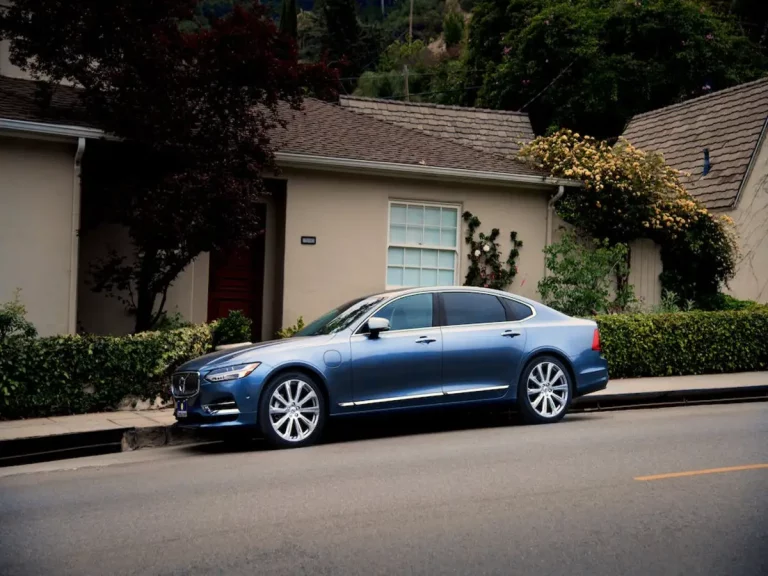The Role of Personal Injury Protection (PIP) in Auto Insurance Policies
In many states in the US, it is mandatory for all car owners to have Personal Injury Protection (PIP) included in their auto insurance policy. In all these ways, it is important to understand what PIP provides and the reasons why most states require it.
PIP coverage is mandatory under the “no-fault” automobile insurance system. No-fault insurance does not entirely absolve the driver at fault for an accident from financial responsibility.
Understanding Personal Injury Protection (PIP)
Personal injury protection (PIP) is special because it covers medical bills and lost wages that regular car insurance might not cover. But since some states don’t require it, people don’t talk about it much.
That said, despite its coverage perks for the policyholder, there is a downside to PIP insurance, which is cost. The coverage can greatly raise the total premium of a policy, and there’s also a lot of fine print to consider before assuming that one is getting the coverage they think they are.
What Personal Injury Protection (PIP) Covers
So what does Personal Injury Protection (PIP) cover?
1. Medical Expenses
The medical expenses you may recover through PIP are the charges for reasonably necessary products, services, and accommodations for your medical, surgical, x-ray, dental, and rehabilitative treatment. This would include hospital services, among others.
The medical expenses you may recover through PIP also include the charges for reasonably necessary physical therapy, occupational therapy, massage therapy, chiropractic medicine, rehabilitative occupational or speech therapy for mental or nervous disorders, and all other expenses for rehabilitation.
However, massage therapy and chiropractic medicine are only reimbursable by PIP if prescribed by a physician. PIP does not cover any medical treatment or procedure that is experimental in nature or not generally recognized by the medical community.
2. Lost Wages
The disability benefit applies to the injured person’s inability to work in their job at the time of the auto accident, including benefits that the injured person had a reasonable expectation of receiving.
The benefit for a self-employed person earning a personal income is the monthly net income determined from the person’s federal tax return (after reduction for business expenses).
The net income of self-employed persons such as general or limited partners, proprietors, and members of limited liability companies who regularly work in the business is included in the computation of loss of income benefits, unless gross sales or billings are listed in the tax return as an expense.
3. Funeral Expenses
In the event of the death of an insured person, the company will reimburse the policyholder for funeral expenses. Such expenses must be incurred within three years from the date of the accident causing the covered person’s death.
The covered persons are: the named insured or a family member if struck by an automobile; a personal named insured if struck by an automobile; and any other person if struck by the insured automobile, or while an occupant of, entering into, alighting, or struck by the insured automobile as a pedestrian.
Benefit payments will be made to: the person who has paid for the funeral expenses incurred; or any relative, guardian, or person with whom such insured resided; or the personal representative of the deceased; or any survivor of the deceased in equal shares if there is no personal representative.
If the liability of the person or organization engaged in business was $5000, the insurer must be reimbursed unless there is another valid and collectible source of reimbursement.
Benefits of Personal Injury Protection (PIP)
Some of the benefits of personal injury protection (PIP) include the following:
- Medical coverage for accident-related expenses.
- Lost income compensation during the recovery period.
- Funeral expenses coverage in case of fatality.
- Rehabilitation expenses for long-term recovery.
- Coverage for passengers and pedestrians involved.
- Protection against uninsured or underinsured motorists.
- Quick access to funds for immediate medical needs.
Limitations and Considerations of Personal Injury Protection (PIP)
Several limitations and exclusions also apply to personal injury protection (PIP) benefits. For instance, drivers who cause a motor vehicle accident may not be eligible for PIP benefits, depending on the laws of their state.
1. Time Limitations for Filing Claims
Injured parties should make every effort to file all PIP claims as soon as possible after an accident or related event. This is especially true if personal injury claims extend to private health insurance claims.
It is often the case that medical providers are far more willing to accept auto insurance claims as primary coverage within one or two days of facility discharge.
As time passes, urgency decreases for the medical provider, and delays in claims filing can eventually force auto PIP insurance companies to process coverage claim as secondary to private health insurance policies.
Where liability concerns your medical expenses and/or money can be spent to compensate you for them, personal auto insurance PIP policy benefits potentially lapse about two years from the date of medical service rendering.
2. Exclusions for Intentional Acts
If an injury results from an intentional act by the insured or by someone acting on the insured’s behalf, PIP coverage does not apply.
Injury caused by the willful act of family members covered under the policy; payment is not to be limited or denied solely on the basis that the injured person is a family member or is related by blood or marriage to the named insured or policyholder; and the victim of the intentional act is a named insured under the policy, but only if the policyholder is not the victim.
The policy form requires that the policy restrict PIP coverage if injury or subsequent death is the result of an intentional act. This is the only exclusion directed specifically at a named insured.
3. Exclusions for Certain Types of Vehicles
Some states have enacted legislation that allows certain private passenger vehicles to operate on public highways without being covered by no-fault insurance.
In Arizona, you should have no-fault insurance, but there are exceptions. Some vehicles don’t need it because they’re not considered “motor vehicles” under the law.
If someone gets into an accident while in or near a vehicle that’s exempt from needing insurance, they can still file a bodily injury claim against whoever caused the accident.
In Maryland, their no-fault insurance rules also have exceptions. Mopeds and vehicles not needing registration don’t have to be insured if the owner doesn’t already have insurance for them.
Conclusion: Personal Injury Protection (PIP) in Auto Insurance Policies
When a car owner adds PIP to their insurance policy, they are providing themselves with extra benefits. The standard economic loss that no-fault policies cover may not be enough.
PIP is important to have because we can never predict when we will be involved in a car accident, and being equipped with the best coverage beforehand will save us money and peace of mind if the unforeseen occurs.
With extra coverage in hand at an affordable price, there is no reason to put your family at risk while commuting. Even if PIP is not a requirement in your state, it is important to ensure that you are adequately protected with additional benefits.






